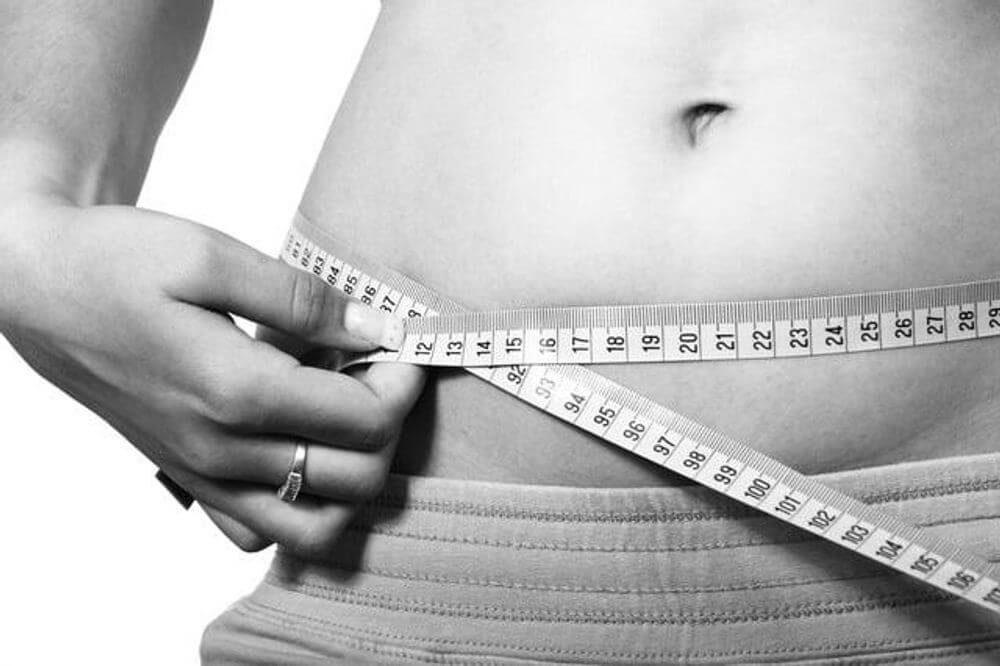Eat This, Not That: 30 Fantastic Anti-Ageing Foods

With the wide variety of products now available at local supermarkets, it can be easy to get lost down the aisle and start filling up your trolly with less-than-ideal foods.
Summary
- There is a huge amount of food out there that can help you look and feel younger. By adjusting your diet to include plenty of fruit and vegetables, it is possible to control your biological age.
- Research has shown that some of the best anti-ageing fruits include blueberries, avocados, pomegranates, watermelon, tomatoes and figs. Many of these fruits are packed full of vitamins and antioxidants which can help protect your skin from free radicals.
- Consuming vegetables like broccoli, carrots, red cabbage, spinach, cucumber, sweet potatoes, mushrooms and aubergines can all help reduce the onset of age-related diseases and associated cell damage.
- Other anti-ageing foods include some delicious herbs and spices which can make even the most ordinary vegetable tastier and something to look forward to in a meal. If you enjoy a chocolaty treat now and again, dark chocolate (meaning 70% cocoa and higher) has also been reported to contain flavonoids which have many potential health benefits.
Introduction
With the wide variety of products now available at local supermarkets, it can be easy to get lost down the aisle and start filling up your trolly with less-than-ideal foods. It's not great for the waistline and can even add years to how your body looks and functions.
If you want to live a lifestyle that ensures you are ageing as healthily and happily as possible, it is worth finding out your biological age. You may know how old you are in chronological years, but your body could be ageing much faster – and your diet could have something to do with it.
Many foods can help you look younger and more vibrant. If you have been looking for tips on getting a youthful glow and feeling like your best self, then read on!
Anti-Ageing Fruits
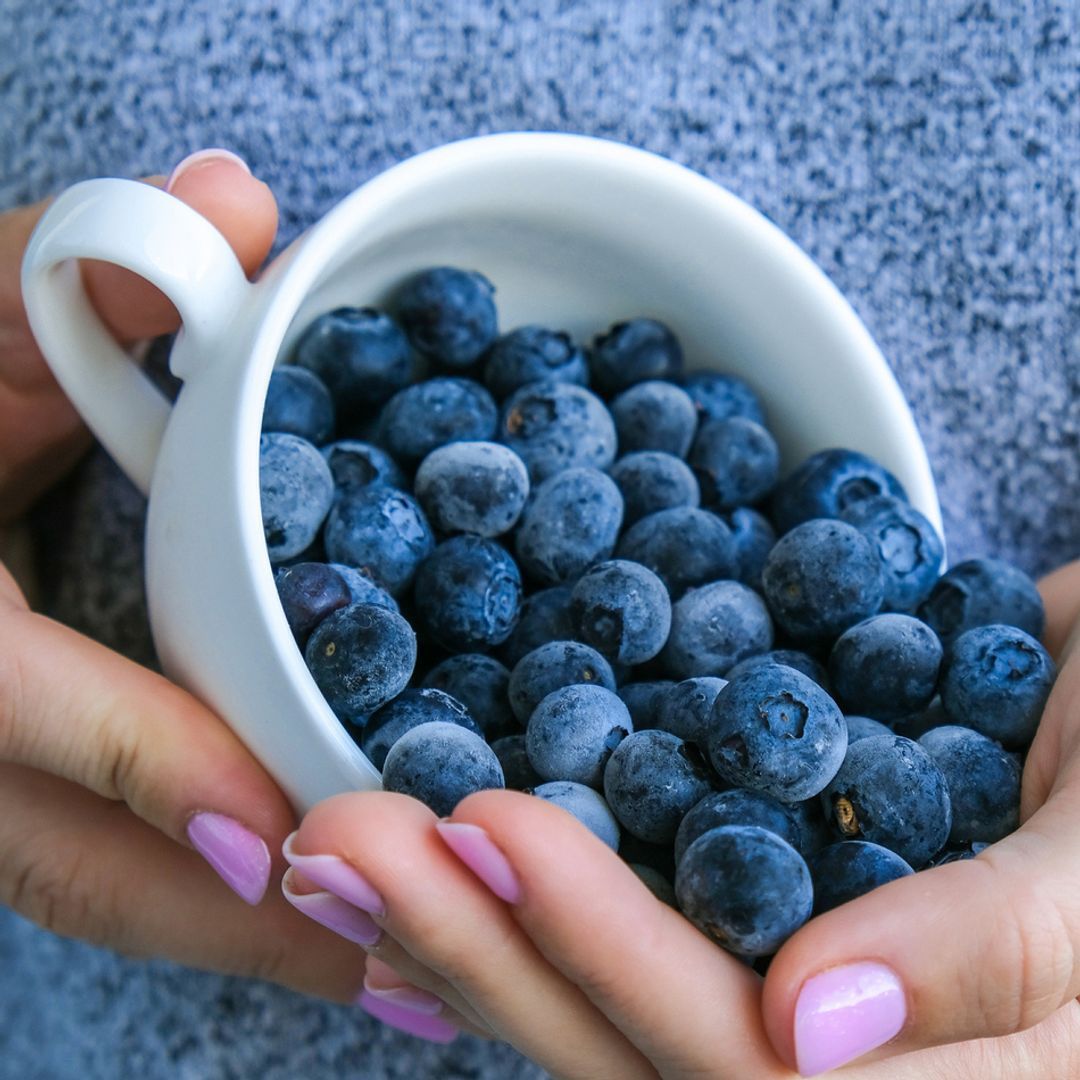
- Blueberries – Blueberries are a good source of antioxidants and anti-inflammatory agents. Blueberry consumption reduces and promotes cancer and promotes good eye health. A recent study found that blueberry consumption helps with exercise-induced muscle damage making it a great fruit to include as part of your post-workout recovery.
- Avocado – Avocado is rich in monounsaturated fats, oleic acid and phytosterols, which have been shown to lower cholesterol levels in the bloodstream while also helping maintain healthy skin tissue. Avocado is also high in dietary fibre, vitamins A, C and E, folate and potassium – these nutrients play an essential role in keeping our body healthy by maintaining a balanced immune system and keeping our skin looking young and radiant.
- Pomegranates – Pomegranates have high levels of antioxidants called polyphenols that help fight off free radicals that can damage cells. They also contain fibre, which helps reduce cholesterol levels and keeps your digestive system healthy.
- Watermelon – Watermelon is rich in lycopene, a carotenoid that has been shown to protect the skin from damaging UV rays, which can lead to premature ageing. Lycopene also helps keep your skin hydrated and smooth, which can reduce fine lines and wrinkles. In addition, watermelon contains vitamin C and beta-carotene, which are both antioxidants that protect your skin from free radicals.
- Tomatoes – This sweet red fruit (often mistaken for a vegetable) contains lycopene and beta-carotene, two substances that help fight against free radicals and protect the skin against sun damage. A daily serving of tomatoes can help prevent sunburns and reduce the risk of developing melanoma (a type of malignant skin cancer). Tomatoes also contain vitamin C and folate (vitamin B9), which support collagen production and keep your skin looking young and radiant.
- Figs – Although the humble fig is a small fruit that grows on trees, it has a high nutritional value. Figs contain vitamins A, C and K, as well as potassium and magnesium. Figs are also rich in fibre and contain antioxidants such as polyphenols and anthocyanins that help fight free radicals.
- Strawberries – Strawberries are rich in vitamin C, which helps improve skin's elasticity and collagen production. Vitamin C has also been revealed to alleviate wrinkles by increasing elastin production and improving skin elasticity.
- Lemons – Though we usually associate it with oranges, vitamin C is also found in lemons. Lemons also contain bioflavonoids which help protect the skin from damage caused by sunlight.
Anti-Ageing Vegetables
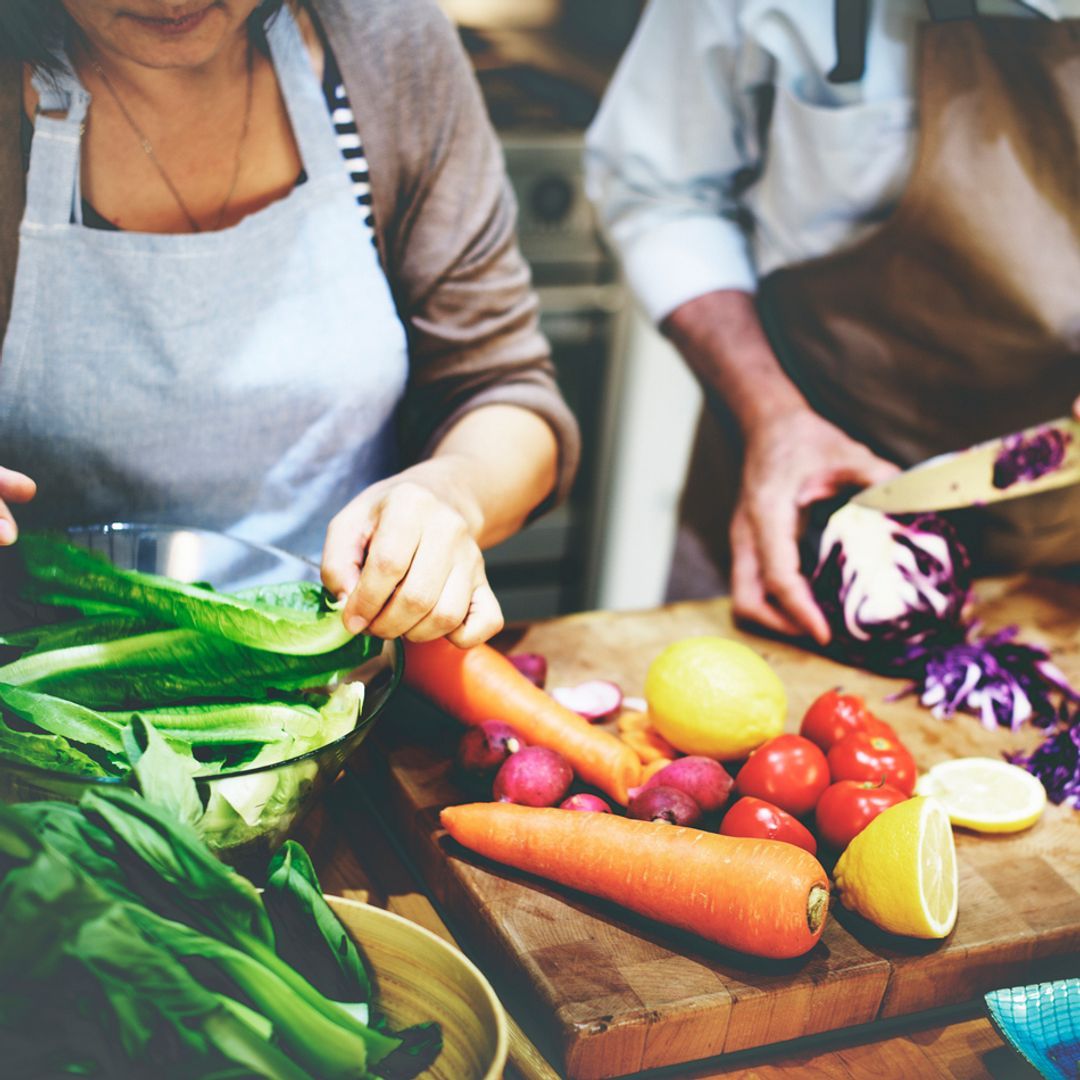
- Broccoli – Broccoli contains sulforaphane, a compound shown to be a strong antioxidant that protects the skin against ageing by neutralising free radicals. In addition, sulforaphane has been shown to have anti-inflammatory effects - it reduces redness and skin swelling caused by acne or rosacea.
- Carrots – Carrots are not just good for your eyes but also if you want to make your wrinkles less noticeable and prevent premature skin ageing. Carrots contain vitamin A, which has been known to be a key ingredient in fighting free radicals. This helps keep your skin healthy, clear and glowing by protecting it from UV damage.
- Red Cabbage – Red cabbage is an excellent source of vitamin C, which, as we had already mentioned, promotes collagen production and therefore improves skin appearance. Red cabbage also contains anthocyanins, plant pigments that seem to help with lowering inflammation levels and prevention of heart disease and cancer. These compounds are also believed to have anti-ageing properties.
- Spinach – Its green leaves are packed with vitamins A, C and K, which help protect your immune system and fight against infections. Antioxidants in spinach can also help eliminate toxins from your body while improving liver function. This aids in preventing premature skin ageing by strengthening blood vessels, thereby reducing the appearance of wrinkles and fine lines on your face.
- Cucumber – Cucumber is a detoxifying food. It contains silica (which helps remove dead cells from the skin) and vitamins C, B6 and K (essential vitamins for collagen production). Cucumber is great for keeping the skin healthy by strengthening connective tissues.
- Sweet Potatoes – Sweet potatoes contain lots of vitamin A, which boosts collagen production and improves skin elasticity. They also include antioxidants such as beta-carotene, lutein and zeaxanthin, which help protect skin from free radical damage.
- Chaga Mushrooms – Chaga is a mushroom that grows on birch trees in the north temperate forests of Asia, Europe and North America. It's abundant in antioxidants that combat free radicals and helps protect against cell damage and premature ageing. These antioxidants also have anti-inflammatory properties, which can help relieve redness, swelling and pain associated with skin conditions like rosacea.
- Aubergine – Aubergine, a nightshade vegetable, is rich in vitamins A, B6 and C, magnesium and potassium. It also contains high levels of antioxidants such as vitamin E and carotenoids, which protect against UV damage that causes premature ageing and may help prevent cancer. Aubergines contain folic acid, which helps protect against heart disease, stroke and dementia by improving blood circulation.
Anti-Ageing Herbs and Spices
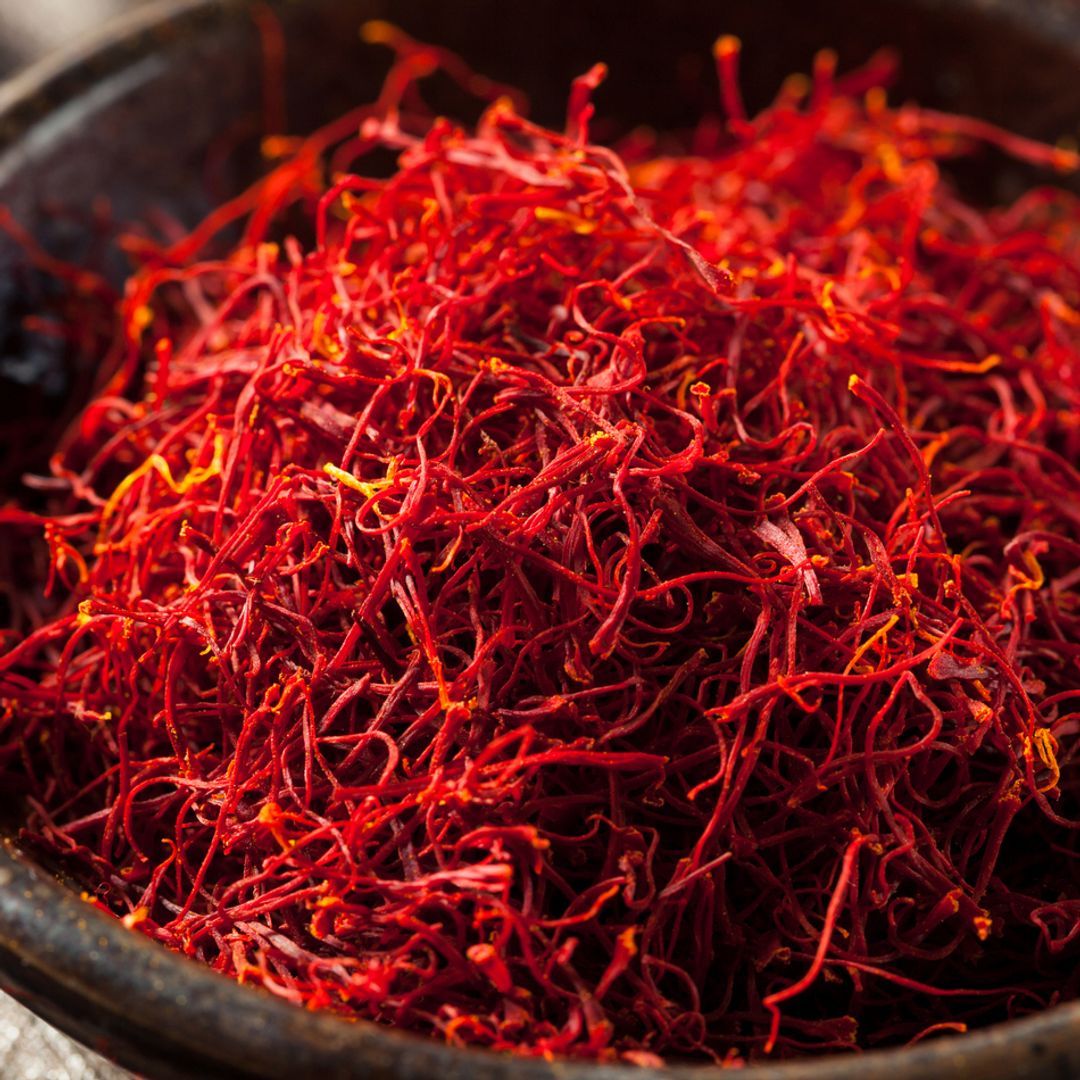
- Turmeric – Turmeric contains curcumin, which is thought to be responsible for many of turmeric's anti-inflammatory properties. Studies have shown that curcumin supplementation may help with skin elasticity, reduce inflammation and improve wound healing.
- Parsley – Parsley is known for its antioxidant properties, meaning it can help fight ageing by protecting the skin from. Parsley also contains vitamins A and C, which promote collagen production
- Garlic – Garlic is a natural anti-ageing food containing allicin, a compound shown to reduce inflammation and lower blood pressure and cholesterol. Garlic also contains selenium, which helps prevent cellular damage that can lead to ageing.
- Saffron – Not a spice we can afford to enjoy every day, saffron is one of the most pricy spices in the world because it takes over 100,000 crocus flowers to produce just 1kg of saffron. Saffron is an antioxidant and anti-inflammatory agent that can help reduce symptoms of low mood and anxiety. It also helps defend against heart disease and cancer by preventing cell damage caused by free radicals.
- Ginger – Ginger is a spice that has been used for thousands of years in traditional Chinese medicine as a treatment for nausea, motion sickness and digestive problems such as bloating or indigestion. It is also known for its anti-inflammatory properties that can help relieve pain associated with arthritis or joint stiffness.
- Rosemary – Rosemary is a herb with anti-inflammatory properties and may also help with blood circulation improvement that further aids in keeping your skin younger and healthier.
- Oregano – Similar to rosemary, oregano has anti-inflammatory properties and may help with improving blood circulation.
- Basil – Basil is a herb that contains many nutrients, including vitamins A, C and K, as well as iron, calcium and magnesium, among others. It also contains antioxidants which help shield the skin from free radicals that cause ageing, such as wrinkles or age spots on your face and hands.
Other Anti-Ageing Foods
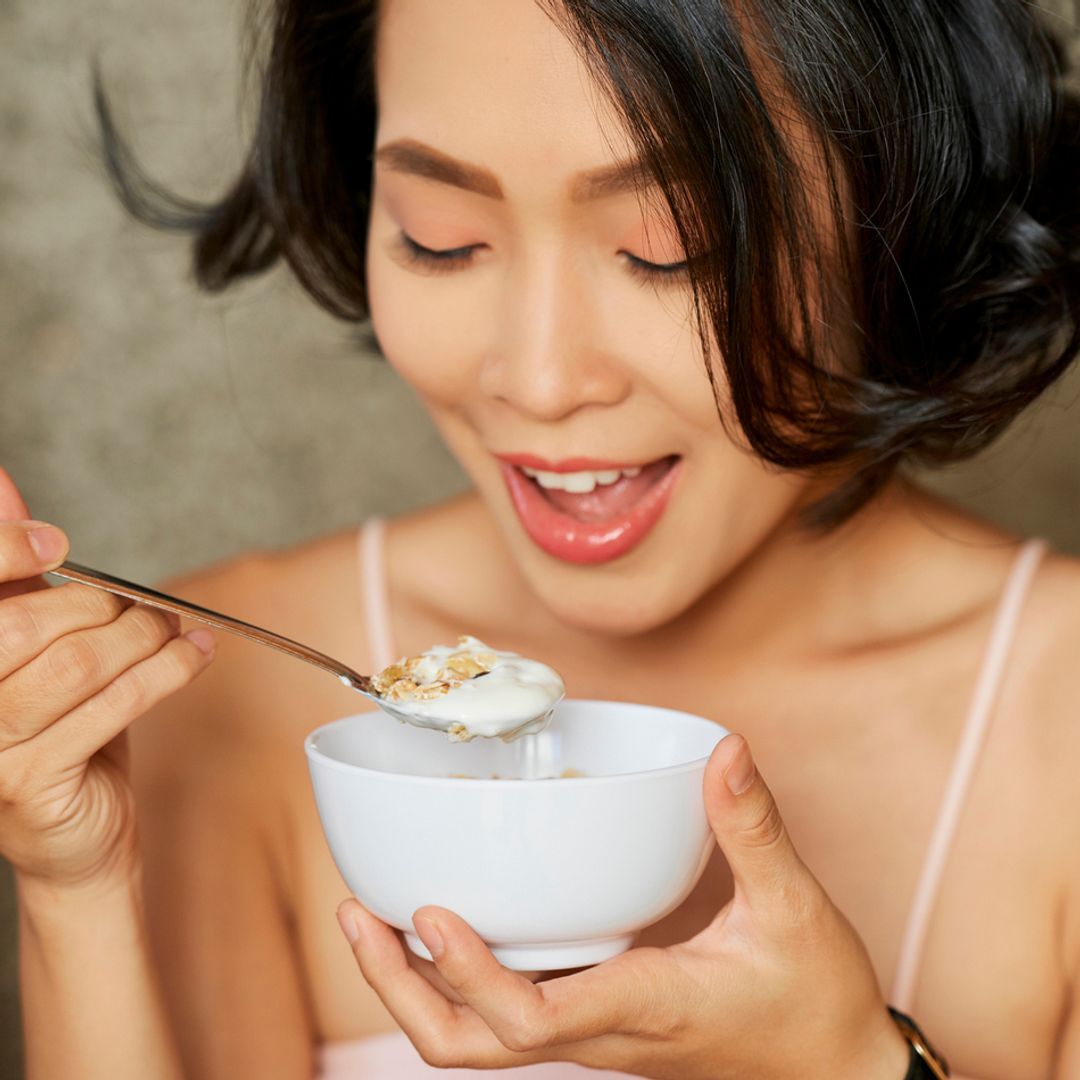
- Olive Oil – Olive oil is rich in antioxidants and has anti-inflammatory properties. It helps defend the skin from sun damage, improves blood circulation and may also help reduce the risk of heart disease. Olive oil also has many minerals, such as iron and copper, which are important for normal function of the nervous system, metabolism and blood circulation.
- Legumes – Legumes are high in fibre and protein, both essential for keeping us healthy and young. They also contain vitamins like A, B6, and B9 and minerals like iron, magnesium and zinc. Legumes are low in fat and contain plenty of starch that is a good source of energy.
- Seeds – Seeds are an excellent source of zinc and magnesium, which are both essential for collagen production. They also include other nutrients that help keep your skin healthy, such as vitamin E and selenium.
- Fatty Fish – Fatty fish, such as tuna, salmon and mackerel, are a rich source of omega-3 fatty acids. These essential fats help reduce inflammation in the body, which can lead to fewer wrinkles and less sagging skin.
- Dark Chocolate – Dark chocolate contains flavonoids called polyphenols which help protect against heart disease and cancer. Next time you feel like grabbing a square of chocolate, why not reach out for some chocolate with 70% cocoa content (or higher). That will ensure you avoid chocolate with high sugar content which we all know is related to tooth decay and many other sugar-related problems.
- Yoghurt – Yoghurt contains probiotics which are live, "friendly" bacteria that help with food digestion and destroy disease-causing cells, making your gut both healthy and happy.
Closing Thoughts
It is never too early or late to start an anti-ageing regimen. Certain foods are great for beautifying the skin and even reversing the effects of ageing. But remember that how you're ageing is not just looks, but how you feel on the inside.
If you're concerned with ageing, a great way to begin is by eating healthy whole foods and reaching out to GlycanAge for some support on your lifestyle choices. Together we can establish your biological age and figure out what is needed to age well.
Frequently Asked Questions (FAQs)
How can I get anti-ageing naturally?
There are several ways you can use food as a weapon against ageing. Food is one of the most powerful tools in our armoury when it comes to combating the visible signs of ageing. The right diet can help reduce wrinkles and make your skin look healthier and younger for longer.
What fruit makes you look younger?
According to studies, blueberries may be the most effective fruit when it comes to fighting the signs of ageing. Not only are they great for skin health, but they also have been shown to improve memory and reduce oxidative stress.
Which food brings a glow to the face?
Some of the best foods to help you have a glowing complexion include honey, yoghurt, tomatoes and green tea. They are all high in vitamin E and natural antioxidants that help protect your skin from sun damage.
What drinks are good for anti-ageing?
The most obvious anti-ageing drink is water. Try to always drink your daily recommended 6 to 8 cups of a day. But if you want to switch it up a bit, green tea, green smoothies, and red wine are all good options for reducing the appearance of fine lines and wrinkles.
Which foods cause ageing?
As tasty as processed foods may be, they have been found to be a contributing factor to accelerated ageing. Try to stay away from salty and sugary overly processed foods. This includes some household basics like white bread and fried chips.
References
https://glycanage.com/price-and-plans/
https://www.researchgate.net/publication/224917312_Effect_of_New_Zealand_blueberry_consumption_on_recovery_from_eccentric_exercise-induced_muscle_damage
https://onlinelibrary.wiley.com/doi/full/10.1111/jocd.14717
https://www.ncbi.nlm.nih.gov/pmc/articles/PMC7698065/
https://www.ncbi.nlm.nih.gov/pmc/articles/PMC8869745/
https://www.researchgate.net/publication/338402175_Nutritional_Content_and_Health_Benefits_of_Eggplant
https://www.sciencedirect.com/science/article/abs/pii/S0738081X21000717
https://glycanage.com/how-it-works/
YouTube Video Link: https://www.youtube.com/watch?v=aPTuaTDFOpM |



